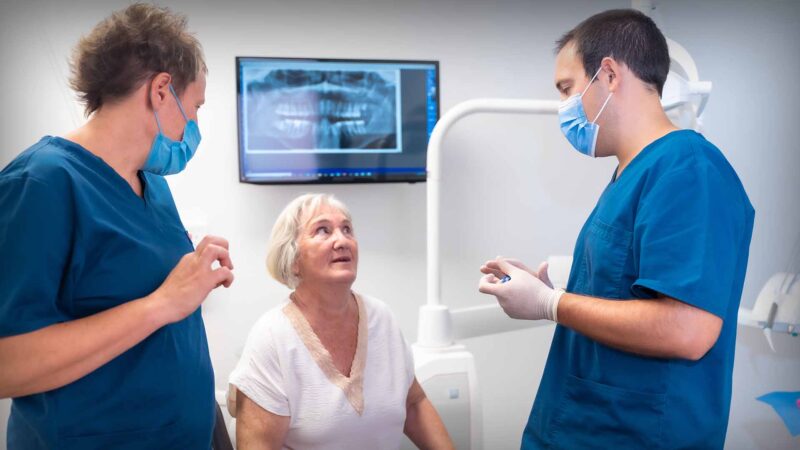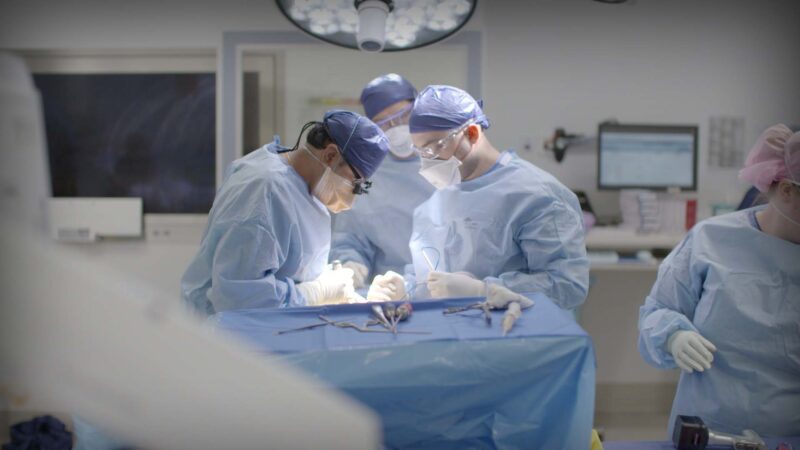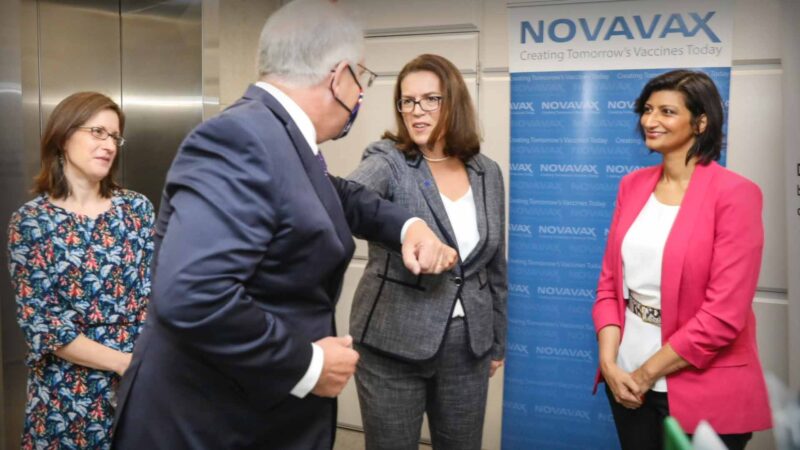Unlike Emergency Departments that operate within public hospitals and some private hospitals, a Walk-in Specialist Emergency Clinic is located in the community and designed to provide comprehensive, coordinated acute care – from initial consultation and diagnostic services, to treatment and specialist referral if required – without the patient having to visit a hospital.
The first WiSE Clinic opened in Macquarie Park (North Ryde), New South Wales in early 2017, delivering immediate medical care when accidents or emergencies require more than a GP visit and are considered non-life threatening or unlikely to require admission to hospital.
Australian health journal spoke to the visionary, founder and CEO behind this WiSE Specialist Emergency clinic, Dr Pankaj Arora.
Dr Arora talks about the origins of his journey in emergency departments working in four continents as an Emergency Room physician for the past 28 years. His passion is to develop health care systems to help acute care in the community.
Stating 70% of people presenting at Emergency Departments in Australian Hospitals, not getting admitted, 7 years ago Dr Arora modelled these patients presenting to ER but breaking away from the hospital setting. This break away setting would deliver treatment by a team of doctors, allied health specialists, radiology, fracture clinic, chest pain clinic, TIA clinic, early pregnancy clinic and pathology services all co-located in the single facility.
Since putting the model in place and opening in 2017, the Macquarie Park WiSE Emergency Specialist Clinic has treated over 70,000 patients. Dr Arora sees it as a very efficient and cost effective model, where the patient is seen by a specialist in a multidisciplinary team within half an hour and receives results within an hour. He emphasises the clinic has not replaced General Practice nor the Emergency Department in hospital.
From the success of the Macquarie Park, NSW clinic, last year Dr Arora set his plans in motion to open a 2nd WiSE emergency specialist care clinic, this time in Queensland. This happened only after 3 years of planning and modelling prior to the opening of the new centre in September 2022. However since opening in Robina, Gold Coast, the new WiSE clinic has been treating on average 20 patients per day – a faster rate than the first 6 months of the Macquarie Park, NSW clinic.
In closing Dr Arora talks about the differences between the WiSE model and urgent care clinics. Scaled down versions of emergency care departments in urgent care centres fail to address the treatment required for patients between General Practice and at hospital emergency departments.
His plans now include opening 10 clinics in the next 5 years, with an expectation that 20-50 clinics would be needed across Australia in the medium to long term.
You Might also like
-
Dental and oral health care priorities for the elderly
In 2023, there are a number of changes occurring in dental services including the start of a new Senate inquiry and new registered nurses in residential aged care. Yet in the meantime there are gaps and delays in dental and oral health interventions for elderly Australians, unless training is more widely deployed.
Australian Health Journal spoke to Leonie Short, a dental therapist working for Seniors Dental Care Australia on what she considers are dental and oral health priorities for the elderly, based on her work in the aged, home and disability sectors.
-
Jack Lancaster, Evolution Surgical
Continuing the Australian Health Journal, People In Health Care series is Jack Lancaster, the CEO of Evolution Surgical, an Australian owned company established in 2014, specialising in spinal fusion implants and custom instrumentation.
Jack talks about how the company works closely with surgeons to design custom solutions manufactured to surgical requirements, and ultimately, to the benefit of the Australia patient.
-
Family biz succeeds in vaccine approval & distribution
It’s been 10 years since Jenny and Karl Herz started in business. Over the past 10 years they’ve launched Biointelect and Biocelect businesses to help secure approval and distribution for new medicines into Australia.
In this Australian Health Journal interview, Jenny and Karl talk about the journey the husband and wife team took to get the Novavax COVID-19 vaccine (Nuvaxovid) approved and distributed in Australia. The journey didn’t just include talented and diverse skilled staff but also their children working in both organisations.



